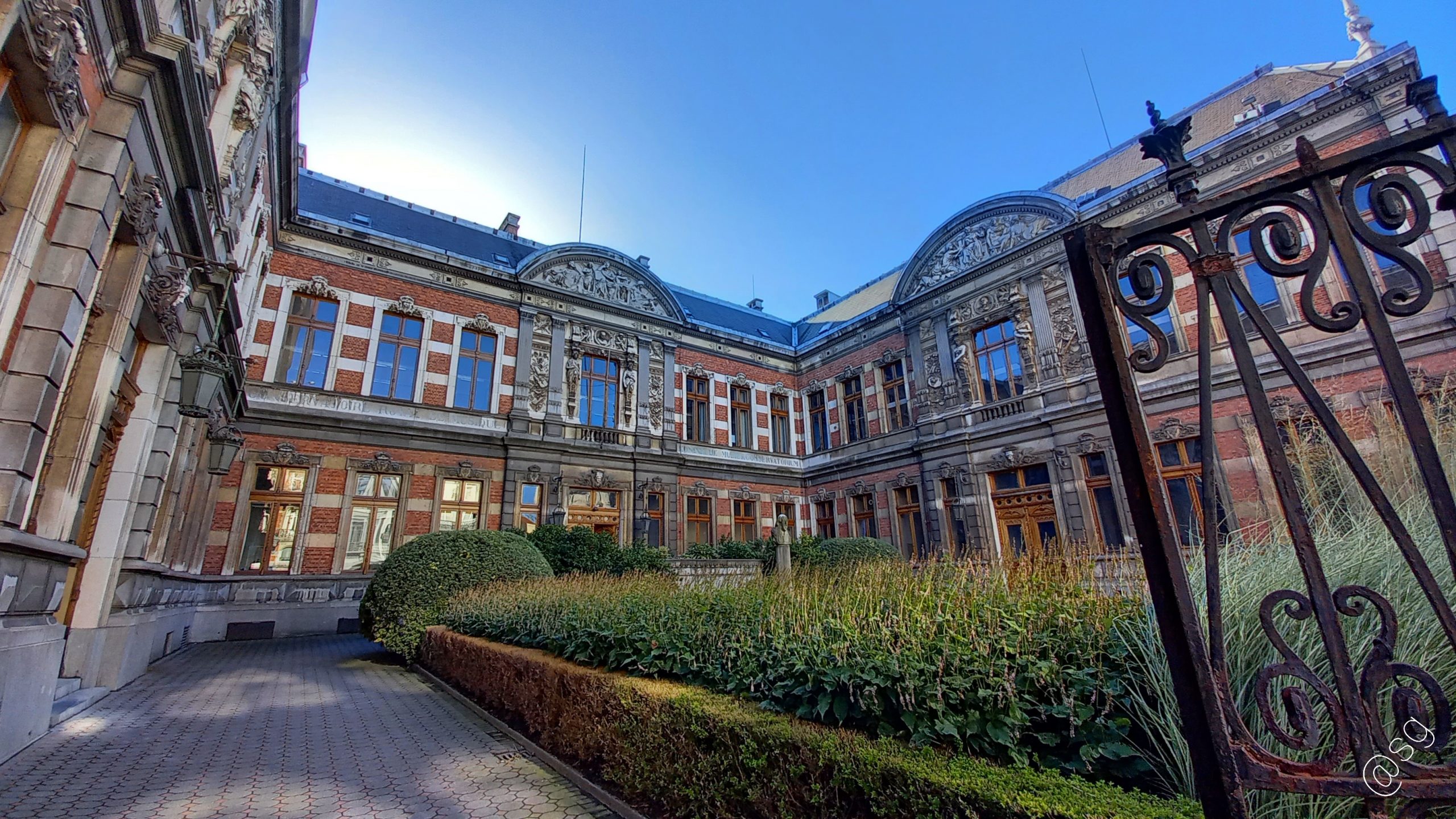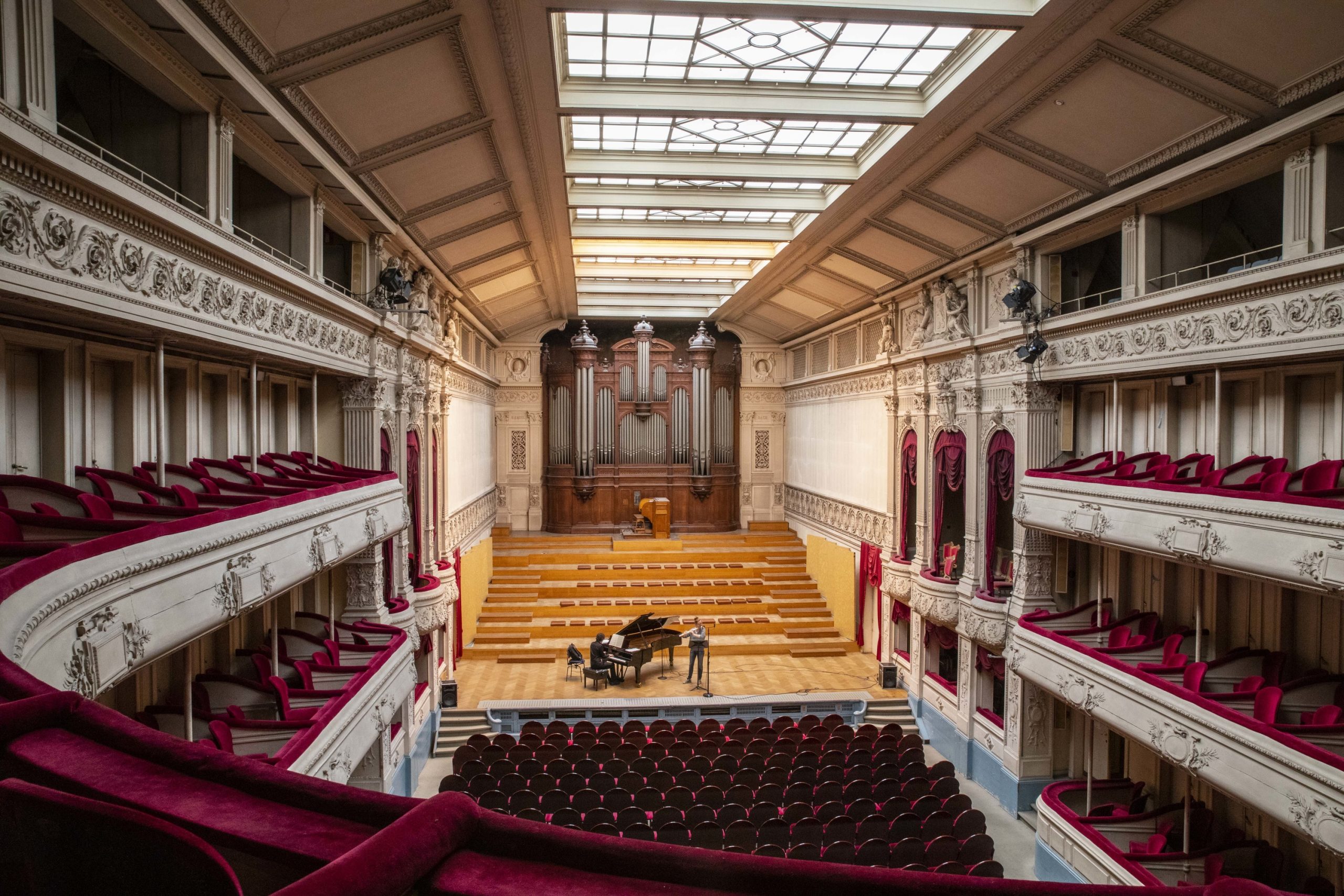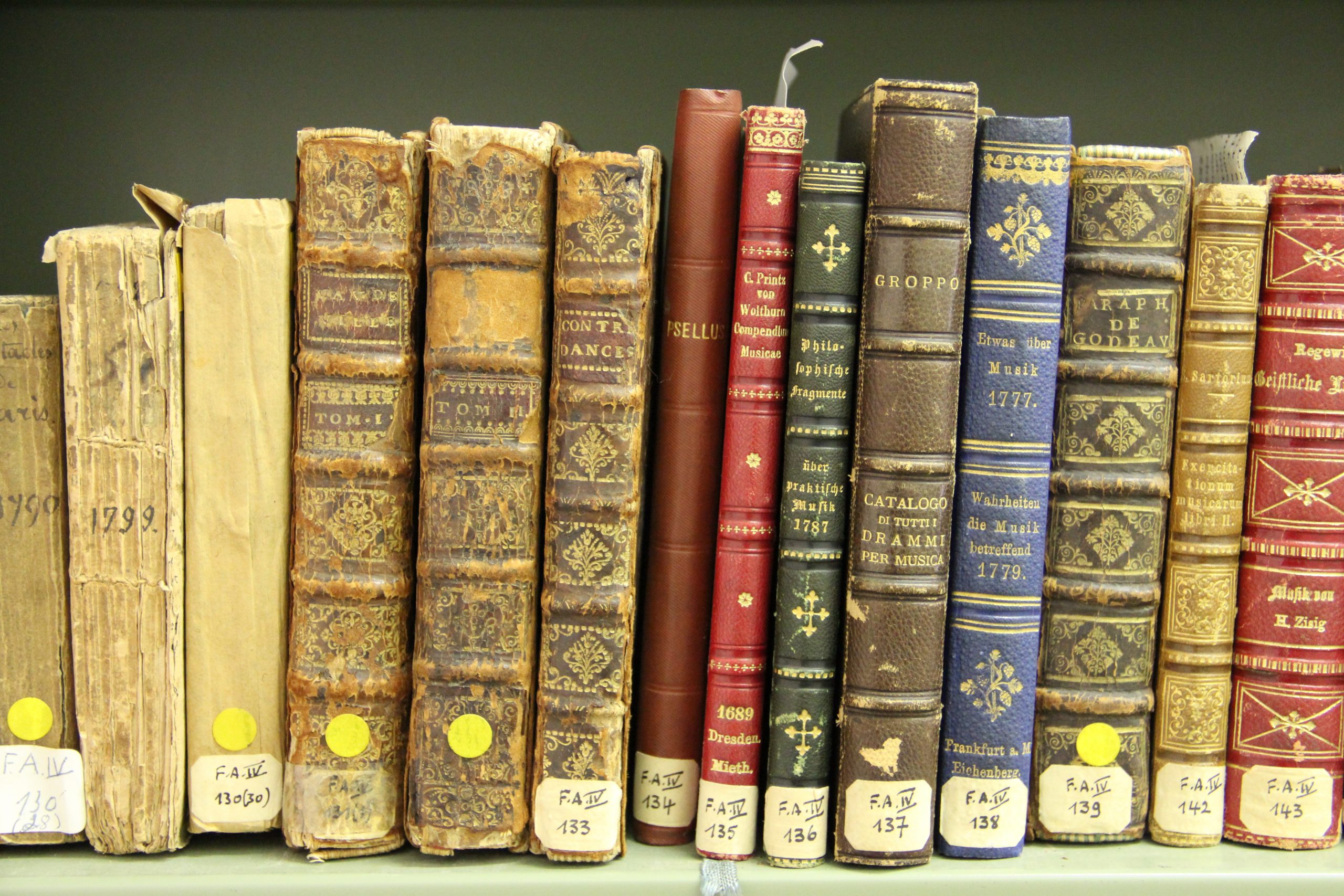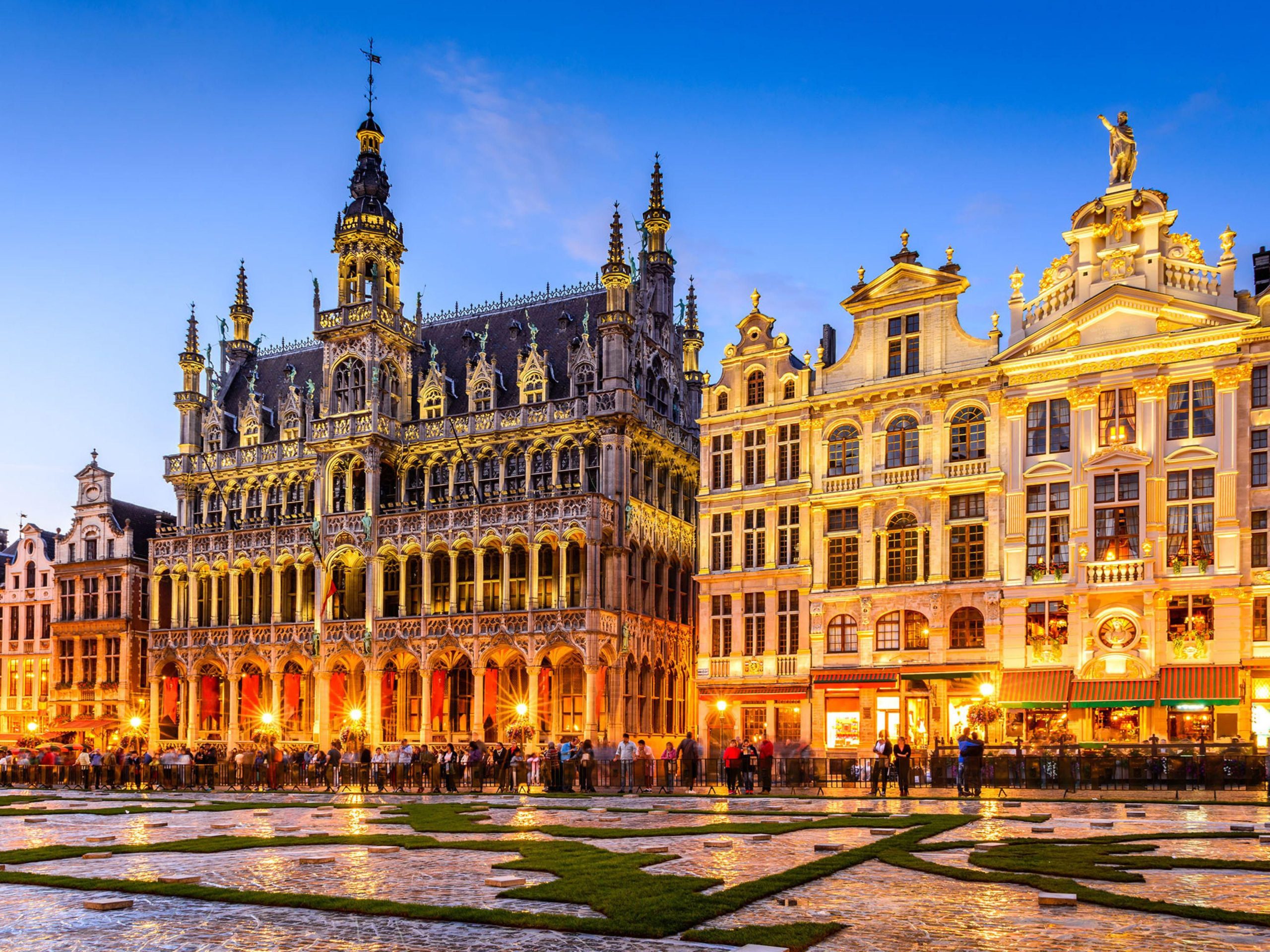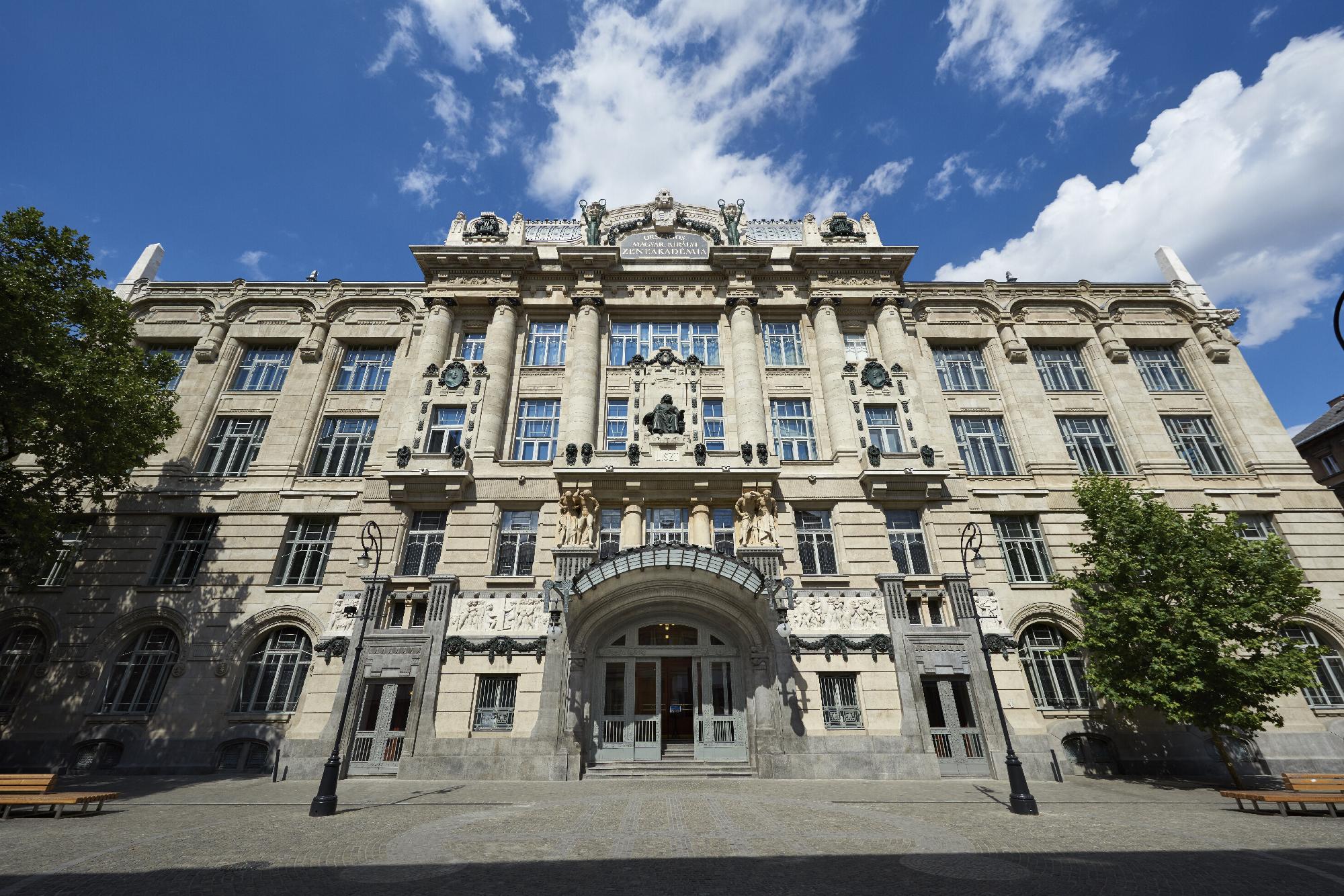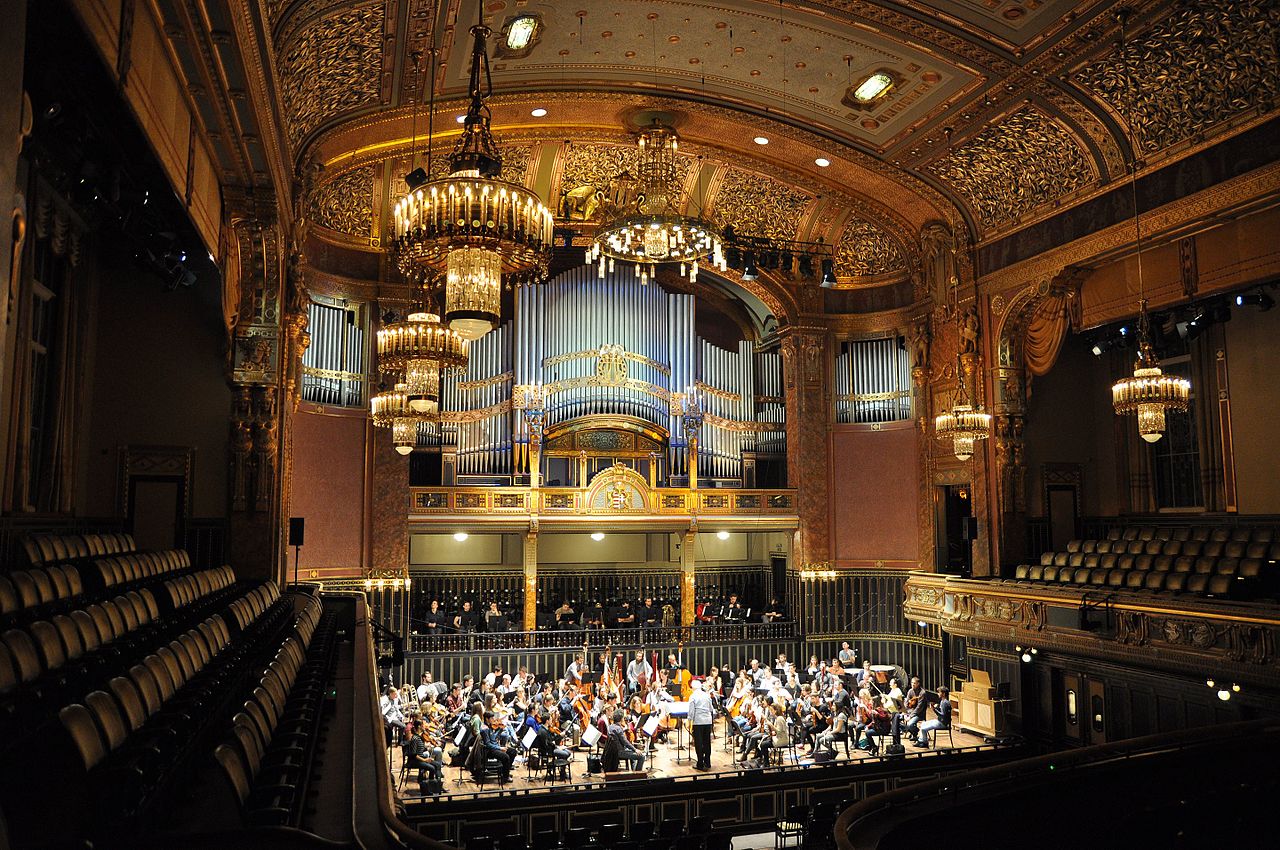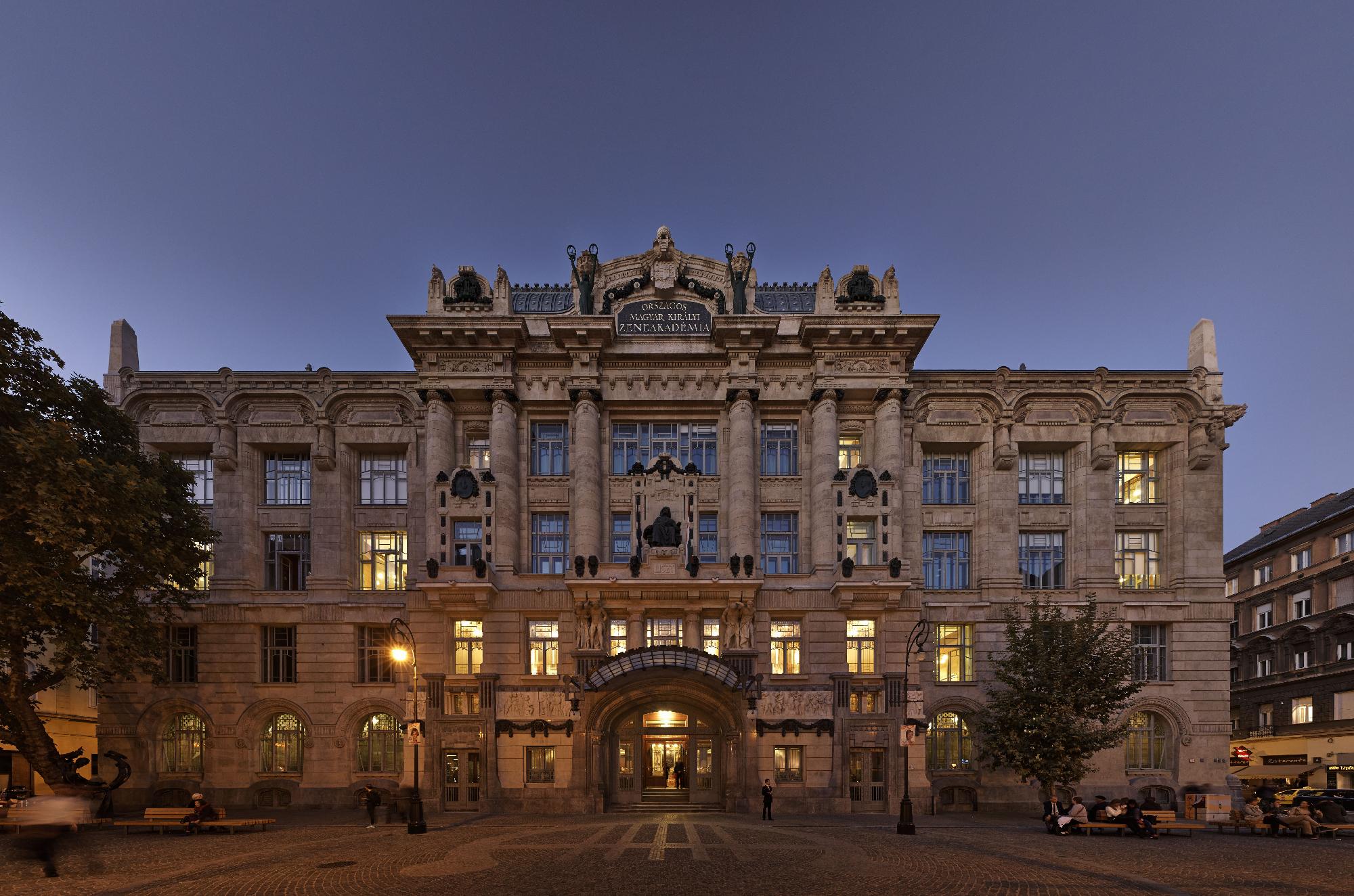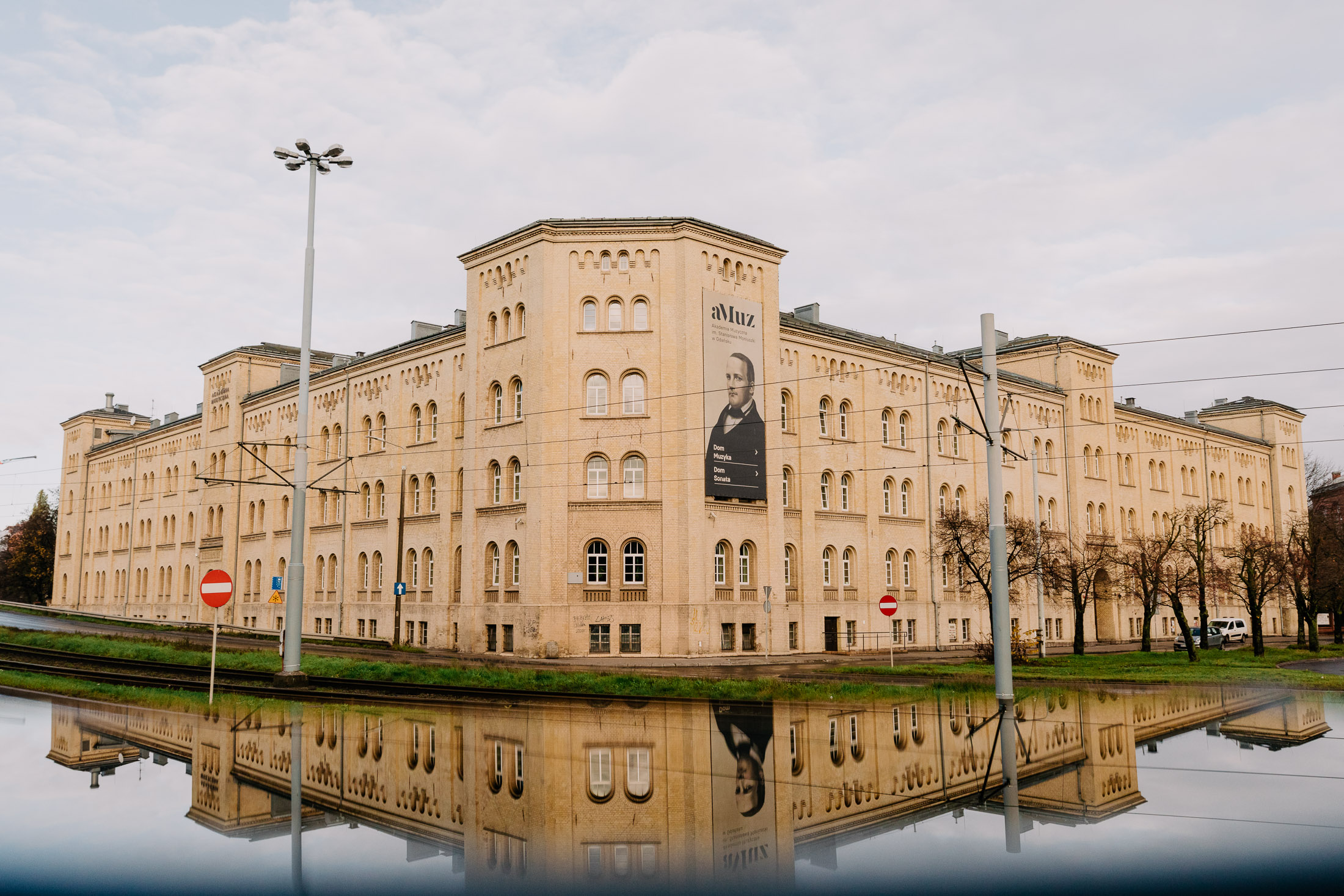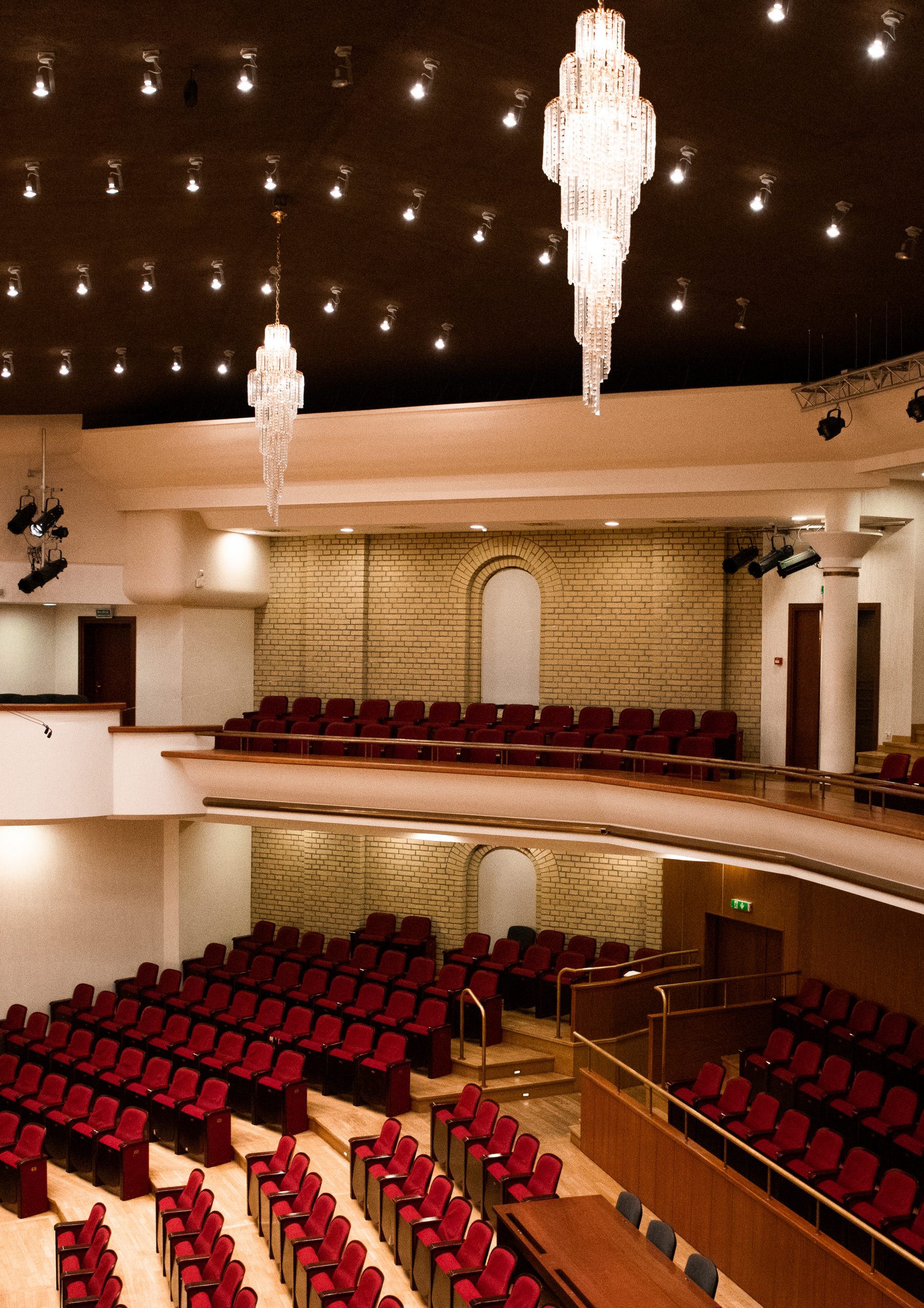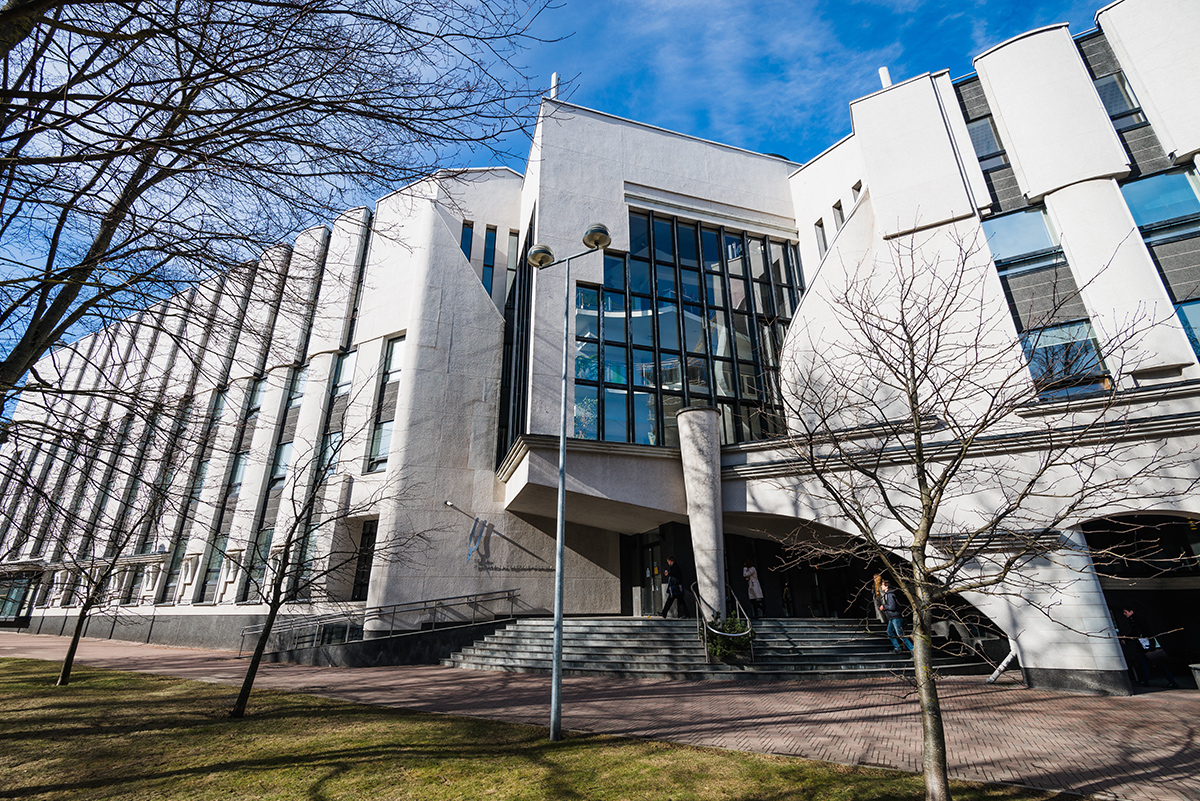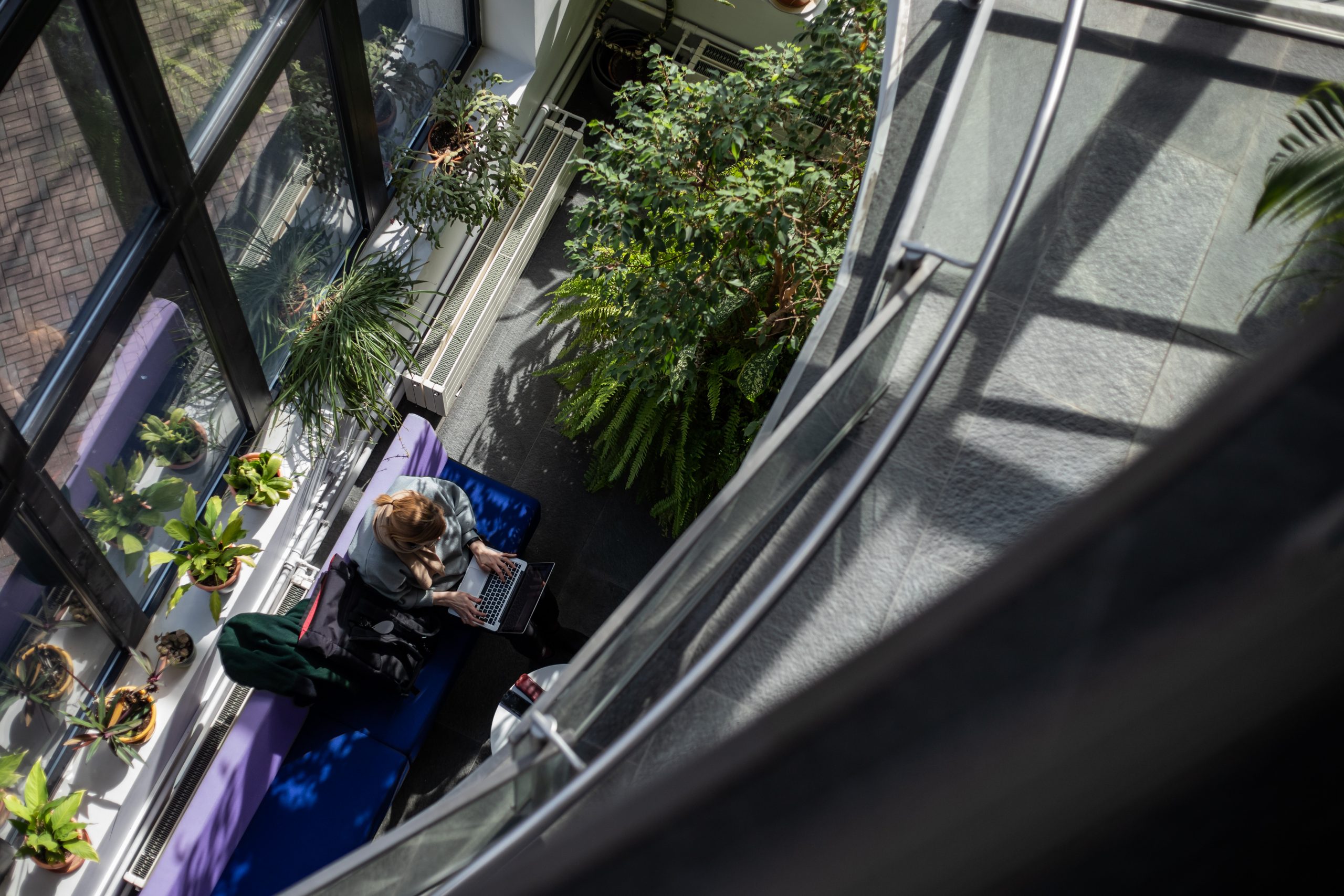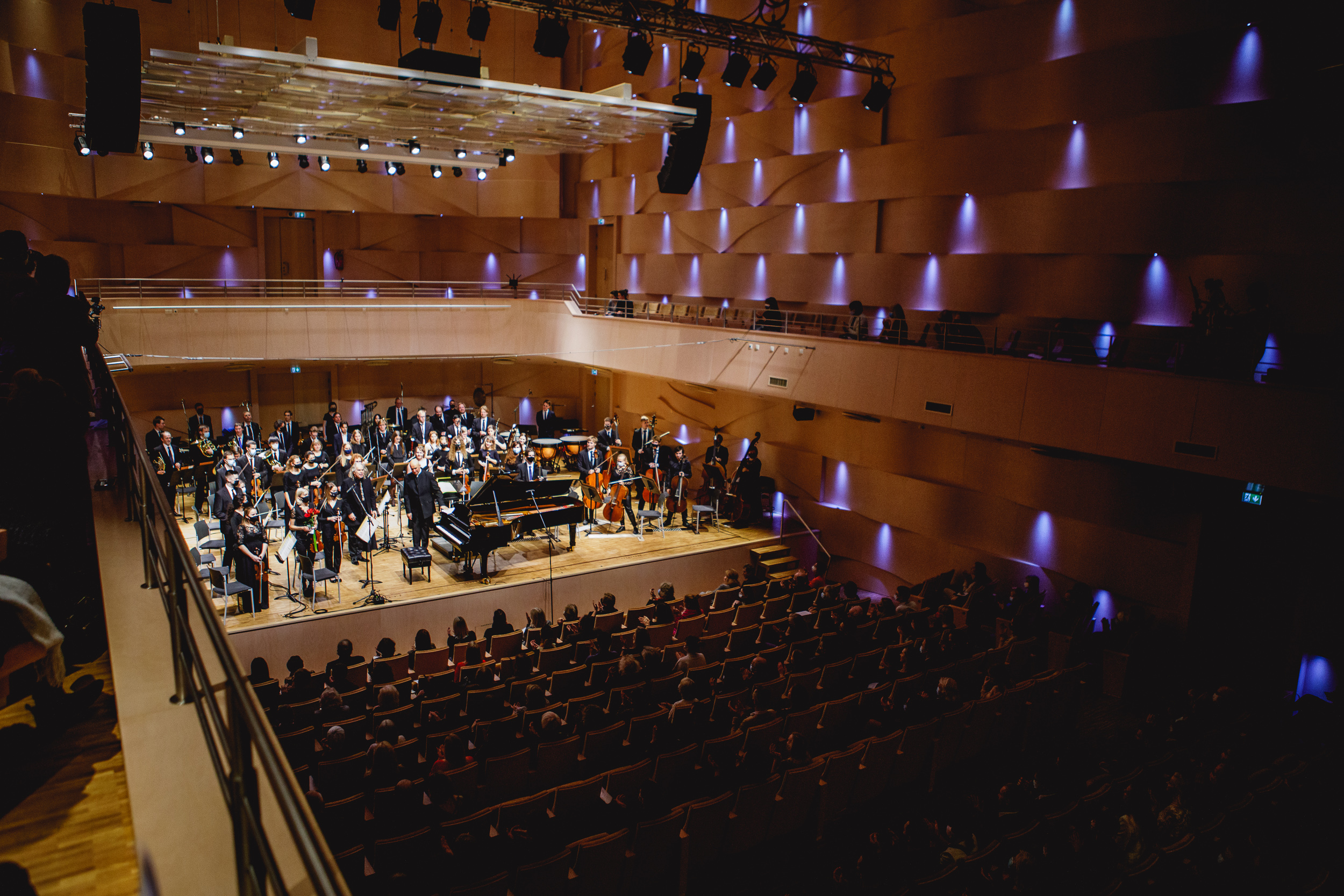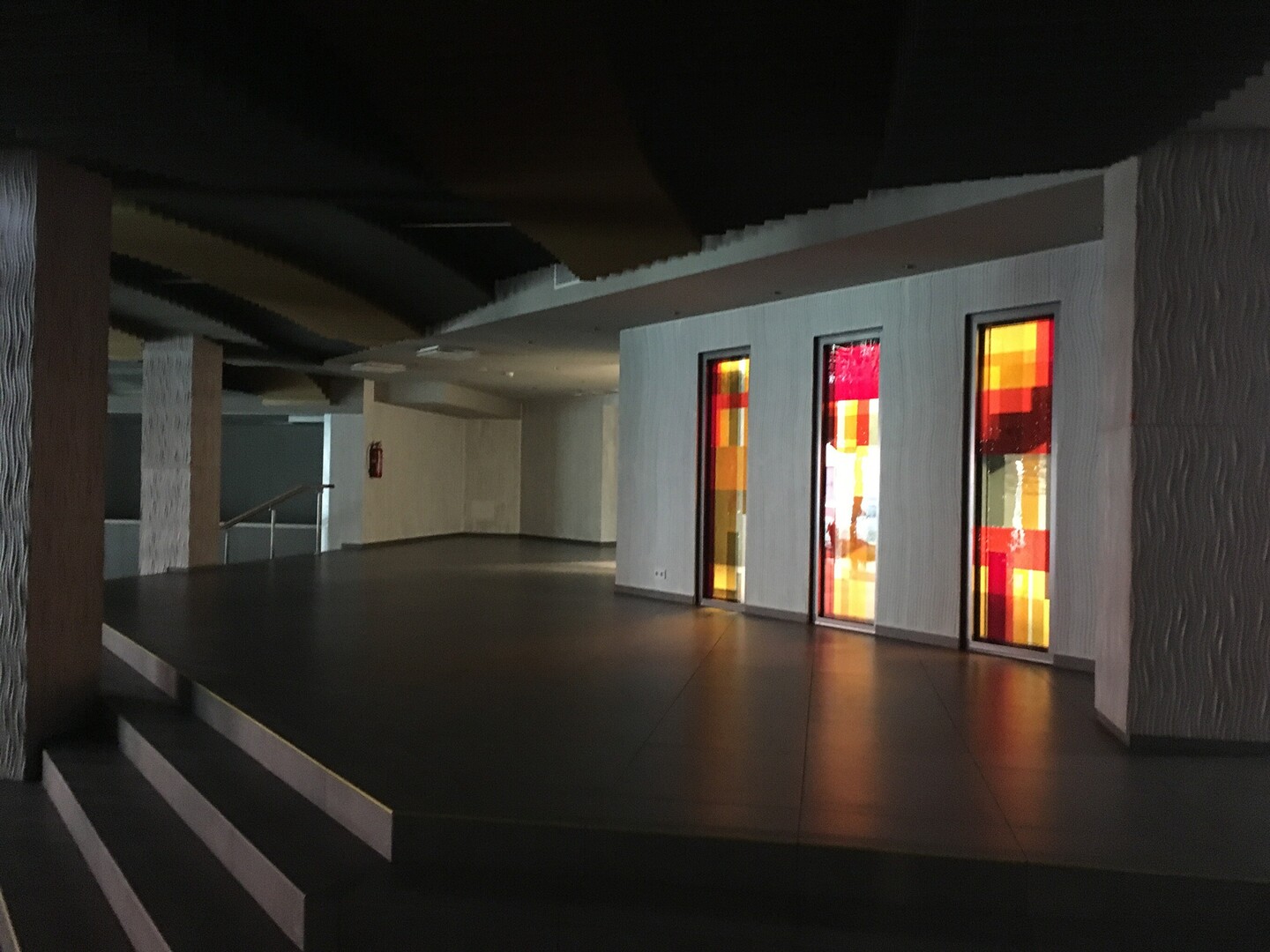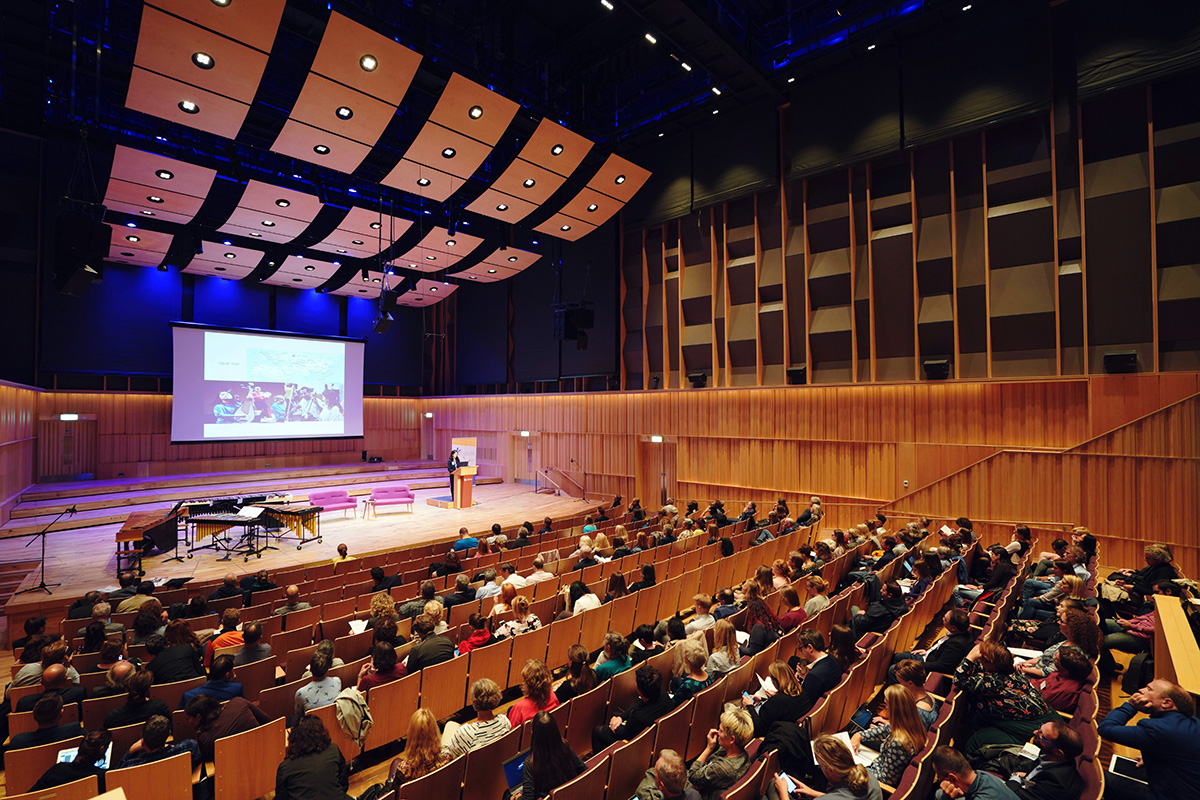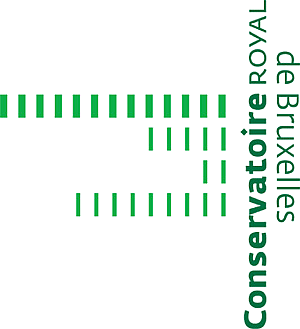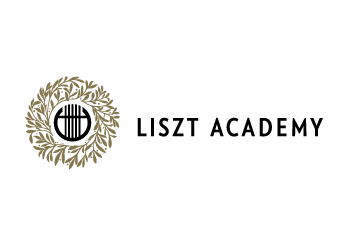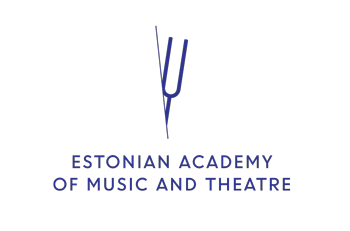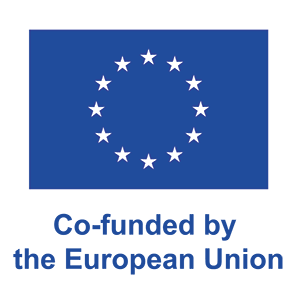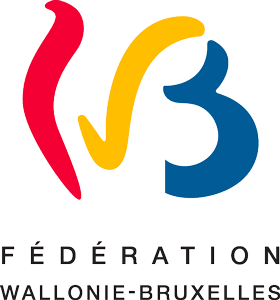HarMA+
Unterrichtspraktiken und pädagogische Innovationen an Musikhochschulen im europäischen Raum – Musiktheoretische Fächer.
Programm Erasmus – KA 203
Strategische Partnerschaften im Bereich der Hochschulbildung
Zusammenarbeit für Innovation und den Austausch bewährter Verfahren.
Projektzeitraum: September 2020 – August 2023
Projekt-ID: 20PS0002
HarMA+ ist eine strategische Partnerschaft, die durch das Erasmus+ Programm der Europäischen Kommission finanziert wird und sich mit der Frage des Transfers von Praktiken und Methoden zwischen höheren Musikbildungseinrichtungen, insbesondere für Musiktheoriekurse, beschäftigt. Das Projekt wurde ursprünglich von Salvatore Gioveni gegründet und wird vom Conservatoire royal de Bruxelles und den Projektpartnern koordiniert. Das Leipziger Projektteam bearbeitet hierbei vorrangig ein multilinguales Terminologie-Wörterbuch, welches auf der Webseite des Projekts online veröffentlicht wird.
In diesem Bereich gibt es in den einzelnen Ländern einen großen Reichtum an pädagogischen Praktiken, insbesondere im Bereich der Notation und der harmonischen musikalischen Analyse. Die Kunsthochschulen in Europa stehen jedoch vor dem Problem, dass es bislang kein europäisches Netzwerk gibt, das pädagogische Daten zur Musiktheorie zentralisiert. Um dieses Problem zu lösen, wird das Projekt unter anderem vier intellektuelle Produkte (IO) entwickeln und veröffentlichen, die im Folgenden beschrieben werden:
IO 1 – Entwicklung einer Online-Austauschplattform zu Harmonielehre und Musikanalyse
IO 2 – Entwicklung einer dynamischen EU-Bibliographie
IO 3 – Entwicklung eines Katalogs neuer Methodologien und Praktiken
IO 4 – Entwicklung eines mehrsprachigen Terminologie-Wörterbuchs in der Musiktheorie
HarMA+ erkennt die Notwendigkeit an, kollaborative Werkzeuge zu entwickeln, Wissen zu teilen und pädagogische Innovationen im sehr spezifischen Bereich der Musiktheorie in höheren Musikbildungseinrichtungen in ganz Europa zu transferieren, indem es auf eine pädagogische Annäherung hinarbeitet.
Das Projekt, das sich an die Gemeinschaft der Musiktheorieabteilungen (Institutionen, Lehrende, Studierende und Fachleute) in den Hochschulen für Musik und darstellende Kunst richtet, verfolgt folgende Ziele:
- Sammeln, Analysieren, Teilen, Vergleichen und Übertragen der pädagogischen Praktiken der Musiktheoriekurse unter den Musikhochschulen in Europa;
- Begegnungs- und Austauschräume für Lehrende dieser Disziplinen zu schaffen, um die Konfrontation der Praktiken und die Entwicklung gemeinsamer Werkzeuge zu fördern;
- Schaffung einer Referenzplattform für den Musiktheorieunterricht;
- Den Platz von Musiktheoriekursen in den Lehrplänen der verschiedenen betroffenen Hochschuleinrichtungen zu erhalten und zu entwickeln;
- Musiktheoriekurse und ihre Curricula pflegen, entwickeln, modernisieren, aktualisieren und fördern;
- Aufbau eines Netzwerks von Lehrkräften für Musiktheoriekurse;
- Förderung und Stärkung der Verbindungen zwischen Hochschuleinrichtungen, Forschung und professionellen Musiker*innen im Bereich der Musiktheorie in Europa;
- Förderung und Stärkung der Internationalisierung von höheren Musikbildungseinrichtungen.
Das Projekt soll vor allem auf nationaler und europäisch-internationaler Ebene eine breite Wirkung entfalten. Es soll Hochschuleinrichtungen die Möglichkeit bieten, sowohl Studierenden als auch Lehrkräften die Instrumente und Daten an die Hand zu geben, die sie für ihre pädagogische Entwicklung benötigen. Sie werden Ressourcen finden, die für ihre Kurse unerlässlich sind, neue Methoden und Kursinhalte, um die transversalen und interdisziplinären Kompetenzen des Lehrpersonals und der Studierenden zu stärken.
Die Ergebnisse des Projekts werden Ende 2023 in digitaler Form kostenlos zur Verfügung stehen und in die digitale Plattform – IO 1 – integriert, um ihre Sichtbarkeit und eine breite Nutzung durch Institutionen, die Kurse in Musiktheorie organisieren, zu gewährleisten.
Wir sind besonders stolz auf unsere fünf Projektpartner und das IT-Team, ohne die wir dieses europäische Projekt KA203 nicht verwirklichen könnten!
